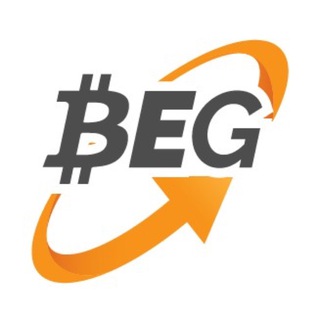Conflux’s permissionless blockchain will be used to test the digital RMB for cross-border payments in Shanghai’s Lingang Pilot Free Trade Zone. In July, China's central bank has approved the Lingang Pilot Free Trade Zone to test the free capital inflows and outflows. In January, the Shanghai government invested $5 million in the network. “Conflux public blockchain will pilot the use of the RMB offshore stablecoin for cross-border payments as part of Shanghai Free Trade Zone initiative- the renminbi is China's official currency, while the Yuan is the unit of the currency,” noted Conflux Network. In response to the news, the token of the network CFX pumped 170% to $0.736 over the weekend. But since then, CFX is down about 39% to trade at $0.451 on Monday. The coin is also down 72.4% from its all-time high of $1.70 from six months back. The state-owned Shanghai Maritime University will conduct the experiment, and Conflux established the Shanghai ShuTu Blockchain Research Institute. The research center will also explore developing blockchain standards for trade and shipping. The People’s Bank of China has been conducting trials for its central bank digital currency (CBDC) since April of last year but has recently started testing it in cross-border applications. The PBOC actually aims to launch the CBDC by the 2022 Winter Olympics. Earlier this month, speaking at the China Digital Finance Forum, deputy governor Fan Yifei said e-CNY test runs have shown “great potential” though there were some issues that “need to be solved.” By mid-July, 21 million individuals were using the digital yuan, and the trial had reached 34.5 billion yuan ($5.3 billion) in transactions. Two months later, about 140 million people have used China’s digital yuan app thanks to the collaboration between the central bank and Chinese shopping platform Meituan. As a result, almost all the residents in nine major Chinese cities can download the app and start using it. New features in the form of programmability through smart contracts and sub-wallets to facilitate online digital currency payments to participating merchants have also been added to the app recently. Besides working with tech giants for the digital yuan, China is also developing gadgets like bracelets, wristbands, and smartwatches to support digital yuan wallets.
Shanghai Using Permissionless Blockchain to Pilot the Use of RMB for Cross-border Payments
 bitcoinexchangeguide.com
20 September 2021 16:21, UTC
bitcoinexchangeguide.com
20 September 2021 16:21, UTC